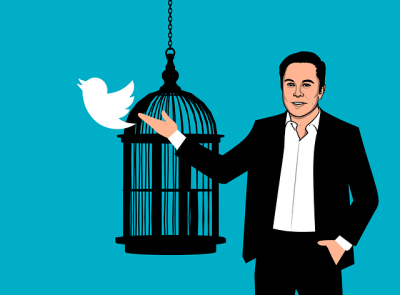Unretirement and Returnships

I first wrote about the concept of "unretirement" on this blog in 2016 and I have written about aspects of it on another blog. But the term came up recently in several articles and podcasts I encountered in a new way.
While my definition of unretirement back in 2016 was returning to part-time work after having formally retired from full-time work. I also defined my version of unretirement as working at something you really wanted to do regardless of whether you would be paid to do it. For me, this meant both doing some web design for people I knew and organizations I was involved in (for pay and pro bono), some minor consulting in higher education and also volunteering.
Some volunteering work I did eventually offered me the chance to do some teaching again for a small stipend. It is very part-time work but it is teaching I really enjoy. Another volunteer position with a foundation lead to an offer to create and maintain their website for pay. My goal in volunteering was never to get paid but it is nice to be compensated for your time even if it is not at the level I was once paid as a full-time employee. Unretirement, for me, is not about making money.
But two new reasons for unretirement emerged in the past two years largely because of the COVID pandemic. The first is the need for trained workers after what has been labeled the “Great Resignation” of 2020 and 2021. These are the people leaving the working world for good. The number is estimated to be more than 3 million.
The second reason is that people who retired with no plans to work again found that what they had saved and planned as their money for retirement was inadequate. Rising prices and inflation this year haven’t helped that situation.
A third reason that is not pandemic related is that many people who retire without a plan for what they will do in retirement find themselves bored and actually missing work in some ways.
We have all heard the news stories about the shortage of workers willing to take on certain jobs that had disappeared temporarily during the pandemic. There were also workers whose jobs became so different and difficult during the pandemic (healthcare, education, service industries, for example) that people decided it was time to either retire or change careers.
Companies want to lure back recently retired employees. They may need these workers back into the office or remotely, either full- or part-time.
Another new term I have seen is “returnships.” This blend of unretirement and an internship is a paid, three-to-six-month position that offers on-the-job training. This is something that might have been offered in the past to mid-career employees. For a retiree or someone who has decided to change careers, this is a chance to pick up new skills and maybe lead to a more regular work situation. Suddenly, it seems, that some companies want to keep a connection with their older employees and use their expertise.
An opinion piece in The Washington Post headlined “The Great Resignation is also the Great Retirement of the baby boomers. That’s a problem.” In that article, Helaine Olen points to a Goldman Sachs estimate that more than half of those who had left the workforce during the covid era’s “Great Resignation” were over 55. The pandemic motivated many people to retire earlier than they had planned. She points out that “In the years leading up to the pandemic, many Americans said they wanted to work well past the traditional retirement age. In 2013, a solid 10 percent told Gallup they would ‘never’ exit the workforce.”
So, why return to work, possibly full-time work? Many Americans do not have enough money set aside for their senior years and inflation in 2022 and rising prices let them know that they were going to run out of whatever nest egg or retirement plans they had made. The article also points to a kind of “obsession with work as a way of finding meaning in life.”
This article first appeared at RonkowitzLLC.com

 Interested in having a conversation about the metaverse? Register for the upcoming Getting Smart Town Hall
Interested in having a conversation about the metaverse? Register for the upcoming Getting Smart Town Hall